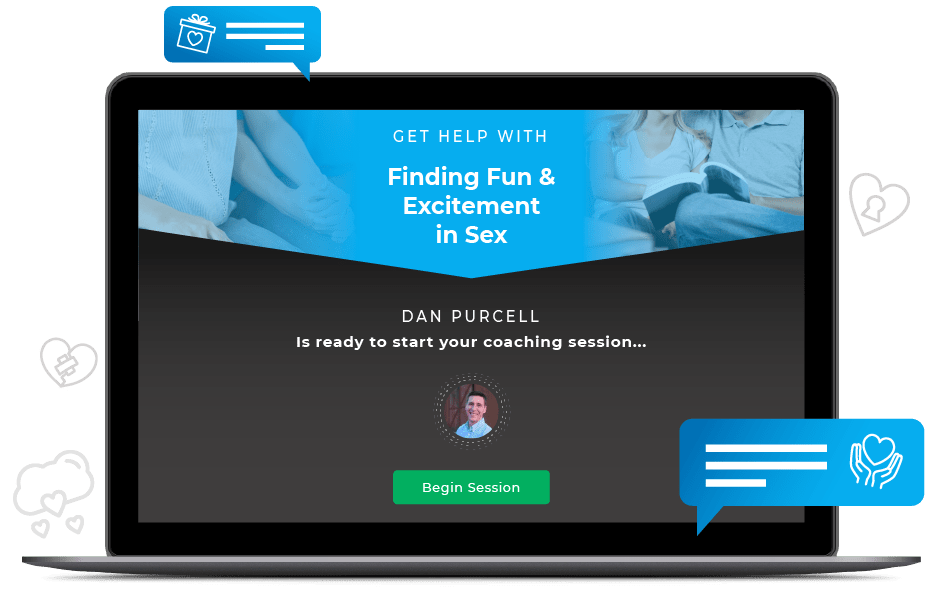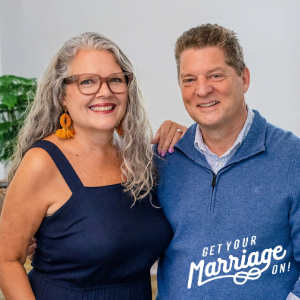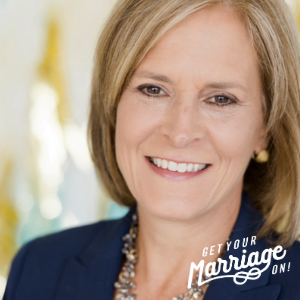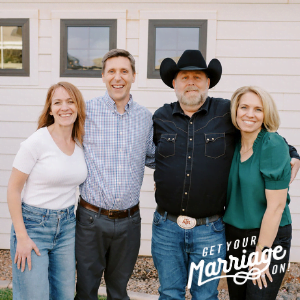
Personality tests are a really fun tool that can help you learn more about yourself while really enjoying the process! When used correctly, they can also be useful in getting to know your spouse in a deeper way. While some personality tests are just for fun and don’t tell you all that much about you (like, what dessert are you? Or, what breed of dog would you be?), some personality tests can be very beneficial and self actualizing.
One of these useful personality tests is the Enneagram. The Enneagram can help you learn more about who you are, and why you do things the way you do. We talked with Christa Hardin, an Enneagram and relationship expert, who taught us a little about each of the 9 different Enneagram types as well as how to use the knowledge gained while learning yours and your spouse’s Enneagram to help your relationship grow.
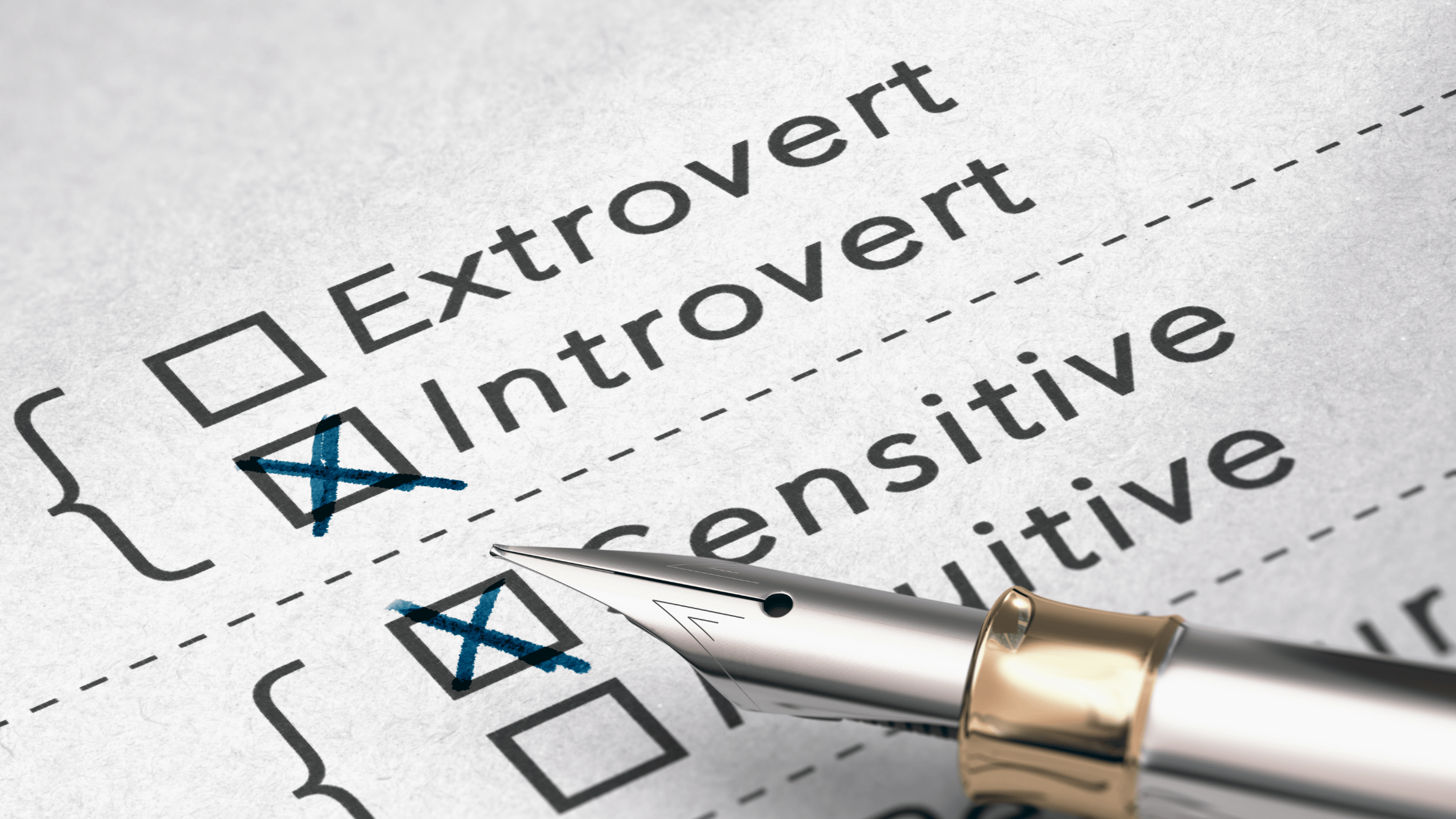
What is the Enneagram?
An “enneagram” is basically a 9 sided polygon. The personality test uses the diagram to explain the 9 different types of personalities to help you learn more about yourself. It has subtypes to these 9 different types, as well as subtypes to those subtypes! By learning about a person’s Enneagram type, you can get to know them and what makes them tick much quicker.
This system allows for a lot more compassion than many other personality typing systems because it comes with root fears and motivations. It allows you to dig deeper into your own life and really understand the way you feel and behave in different situations. It allows you to give grace to yourself and your spouse as you learn the ins and outs of your Enneagram type. This will allow you to move in with love, compassion and understanding when facing conflict and other issues.
The 9 Different Types:
1: Self described as perfectionists, but more gently described as performers, 1’s like to bring order and goodness to the world. They want very deeply to help change the world and fix things to make it a better place.
2: The befriender, helper, or giver. Known to be very helpful and generous, sometimes to a fault, they will do everything they can to help another person get where they are trying to go.
3: Achievers or performers, 3’s are typically very intelligent and find their worth in their achievements. They love to be on stage or be the best in class, and enjoy the praise they receive from doing well in different aspects of life.
4: Very creative people who love to take things slow and see the beauty in the world. 4’s are often a bit melancholy, as they enjoy going into the depths with other people.
5: Typically introverted people, 5’s often prefer thoughts to feelings as feelings are too abstract for their liking. These people are often found to be in careers as researchers or in the IT department.
6: Troubleshooters and loyal friends. 6’s are always ready for any situation, and always happy to share their preparedness. They typically put others higher up on their list of priorities than themselves, and need to learn how to trust themselves more completely.
7: Very spontaneous, enthusiastic, and joyful, 7’s are always sharing encouragement with others. They love to share encouragement with others and have to learn to self soothe. These people are often found to be life coaches of a sort in their careers.
8: Strong protectors, 8’s are often seen as hard headed. But they have many layers to them that they take on in protecting and caring for others.
9: The peacemakers, 9’s are very intuitive to what others are thinking and feeling. They often don’t let their voices be heard. These are the dreamers of the world who tend to be kind, peaceful, and defer to others on decisions.

Digging Deeper
Once you figure out what your type is by reading, taking quizzes, and more, you will want to dig a little deeper and figure out if you’re more self preserving, more of a one to one person, or a very social person.
Self Preserving: As a self preserving person, you really want to be sure that your basic needs are met. The most important thing to you is guaranteeing that you have water, food, shelter, and money. You are looking to really “preserve” yourself.
One to One: If this is you, you will probably tend to feel safest when in a one on one conversation with another person. You will enjoy talking with your spouse alone, just the 2 of you, but will also enjoy one on one conversation with other people as well.
Very Social: As a very social person, you will feel blessed and safe when in a group of people that you trust. You will work to be around like minded people that help you feel loved and protected.
These are a few of the different subtypes that come along with the 9 basic Enneagram types. There are also subtypes to these different subtypes! And sometimes you are one type when you are at your best and happiest, while you are another type completely when going through times of anger, grieving, or other negative emotions. Really there is so much to learn about your Enneagram. But realize that the basics will help you understand your spouse and yourself a little bit better.
Intimacy and the Enneagram
When a couple is truly at their best, the way you are with each other isn’t just 1+1=2. It is so much deeper! You start to rub off on each other, and take the good parts of the other person into yourselves. You shine out in the world differently, creating a brand new beautiful hue together. Learning about your and your spouse’s Enneagram types will allow you to glean information that will help you find this new hue together.
One of the resources that Christa Hardin has put together for couples with the Enneagram system are her “glow guides.” These guidebooks look at every combination of the 9 types there are, and helps you know how these 2 types work together so you can realize how best to glow together in the world, no matter what type you and your spouse primarily are. You can find these guides by going to her website listed below and clicking on the link at the top of the page labeled “Your Enneagram Glow.”

Other Tips
Be as generous as possible to your spouse. Don’t just start analyzing and “enneagramming” your spouse now that you know about the 9 different types. Your spouse deserves grace for the things they struggle with, as do you. Really just talk about the discoveries you’re making about yourself. Be humble and kind. As you do this, your spouse will be more willing to be emotionally intimate with you and will start to make new discoveries about themselves as well.
If you’re interested in learning more about the Enneagram, visit Christa Hardin at www.enneagramandmarriage.com. She also recommends a couple of websites you can go to if you would like to take a quiz that will give you an idea of which of the 9 types you may fall into the most. Check them out below:
Like what you read? Be sure to listen to the full podcast episode here and download the Intimately Us app, the fun and sexy app for your marriage! It’s full of games, connecting activities, and ideas to increase connection and pleasure in the bedroom.
